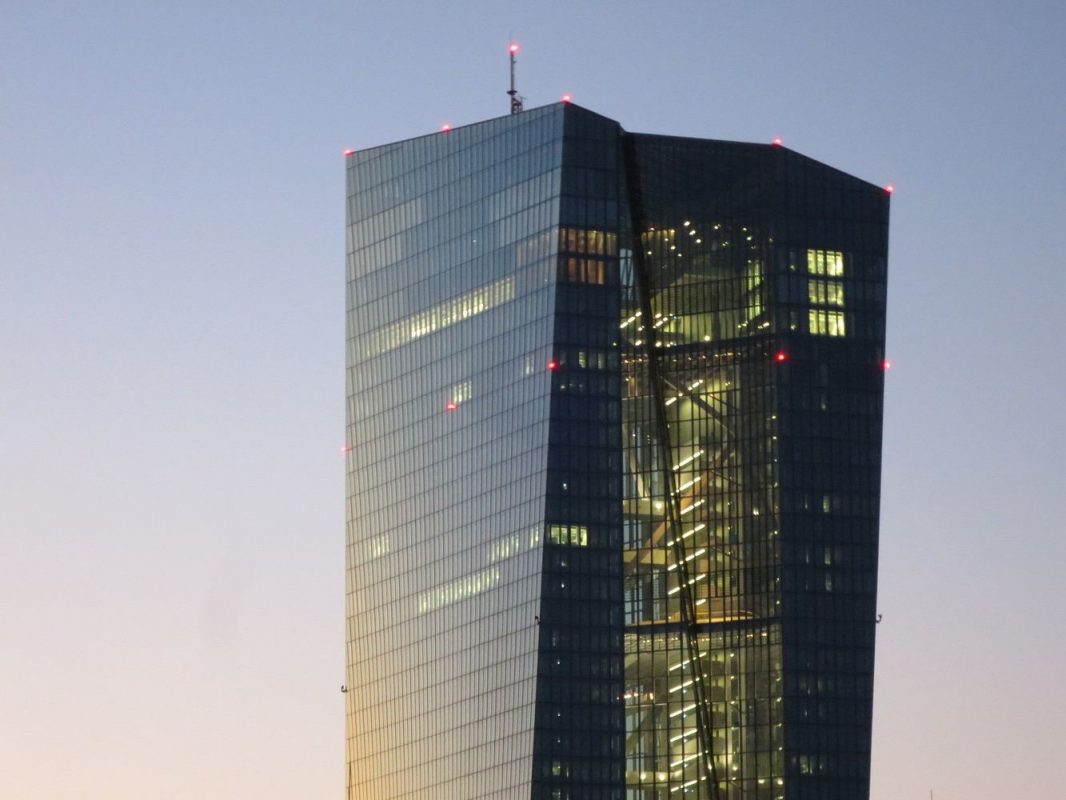Spyros Lapatsioras,1 Leonidas Maroudas,2 Panayotis G. Michaelides,3 John Milios,4 D. P. Sotiropoulos,5
1. Introduction
In the third chapter of Capital Marx observed: “As long as the social character of labour appears as the money existence of the commodity and hence as a thing outside actual production, monetary crises, independent of real crises or as an intensification of them, are unavoidable. It is evident on the other hand that, as long as a bank’s credit is not undermined, it can alleviate the panic in such cases by increasing its
credit money, whereas it increases this panic by contracting credit” (Marx 1991: 649). As we know, financial crises are sometimes the prelude to, and sometimes the result of, a crisis of over-accumulation of capital. Sometimes, again, the financial crisis manifests itself independently of the broader economic conjuncture, that is to say does not have any significant effect on the level of profitability and the level of employment of the “factors of production” in the other sectors of the economy above and beyond the financial sphere or some specific parts of it.6 This, for example, is what happened in the case of the international financial crisis of 1987, when there was a collapse of share prices in the international stock exchanges, providing the international press with the opportunity to speak of a “return to 1929 and the Great Depression”. But it is also what happened in most of the more than 124 crises in the banking system that were recorded between 1970 and 2007.
read here

